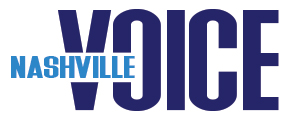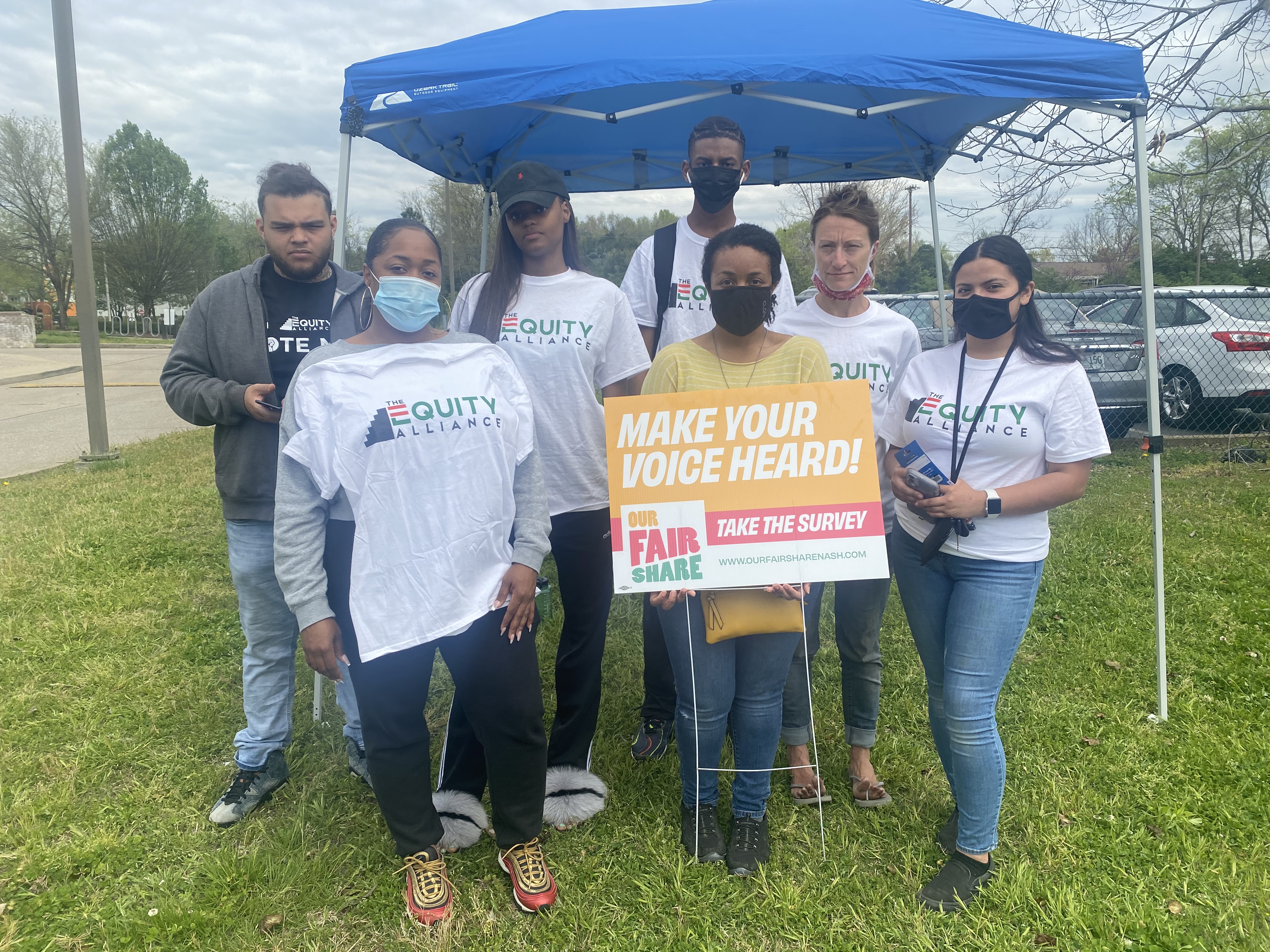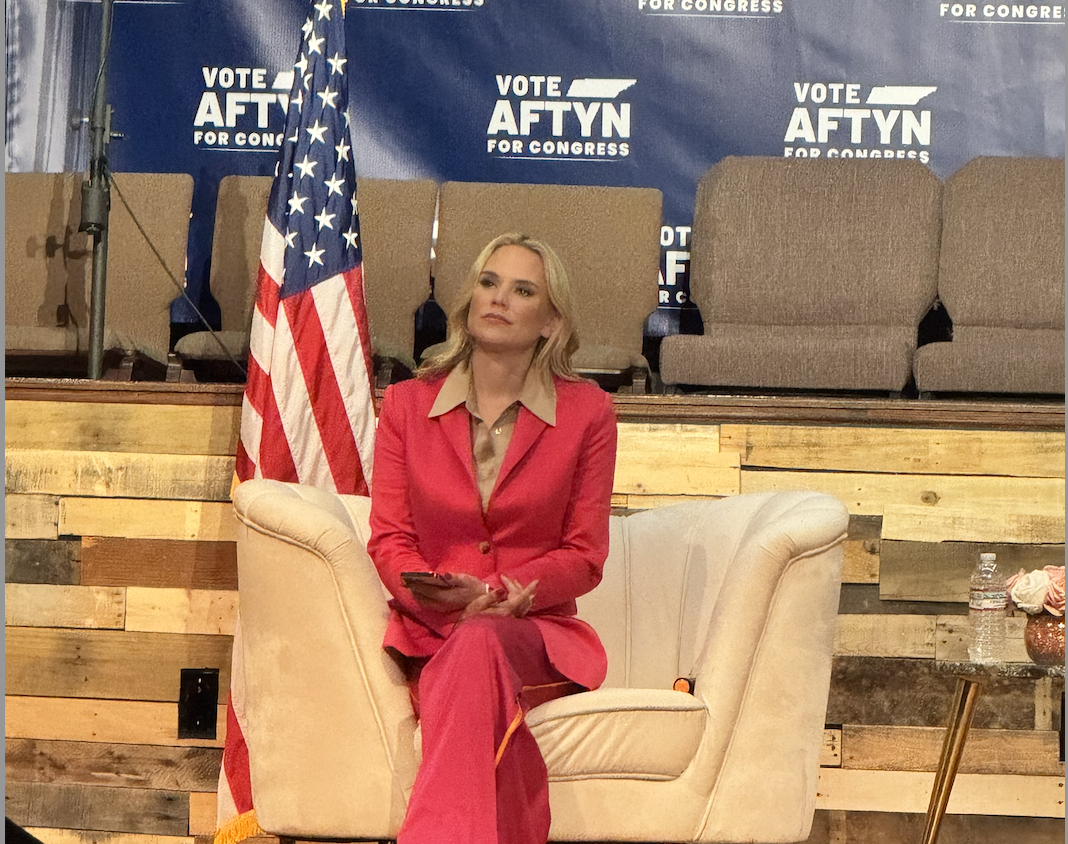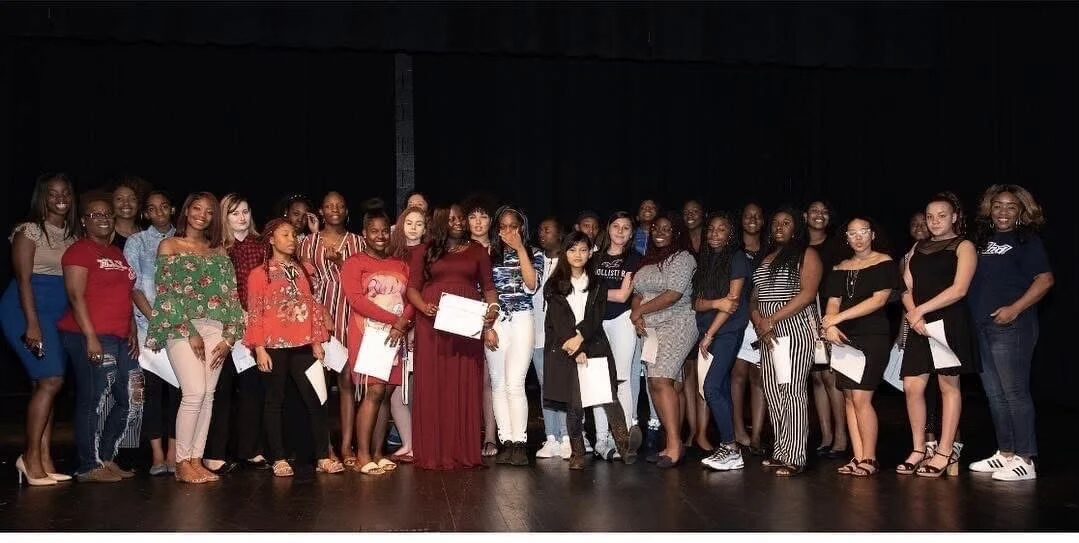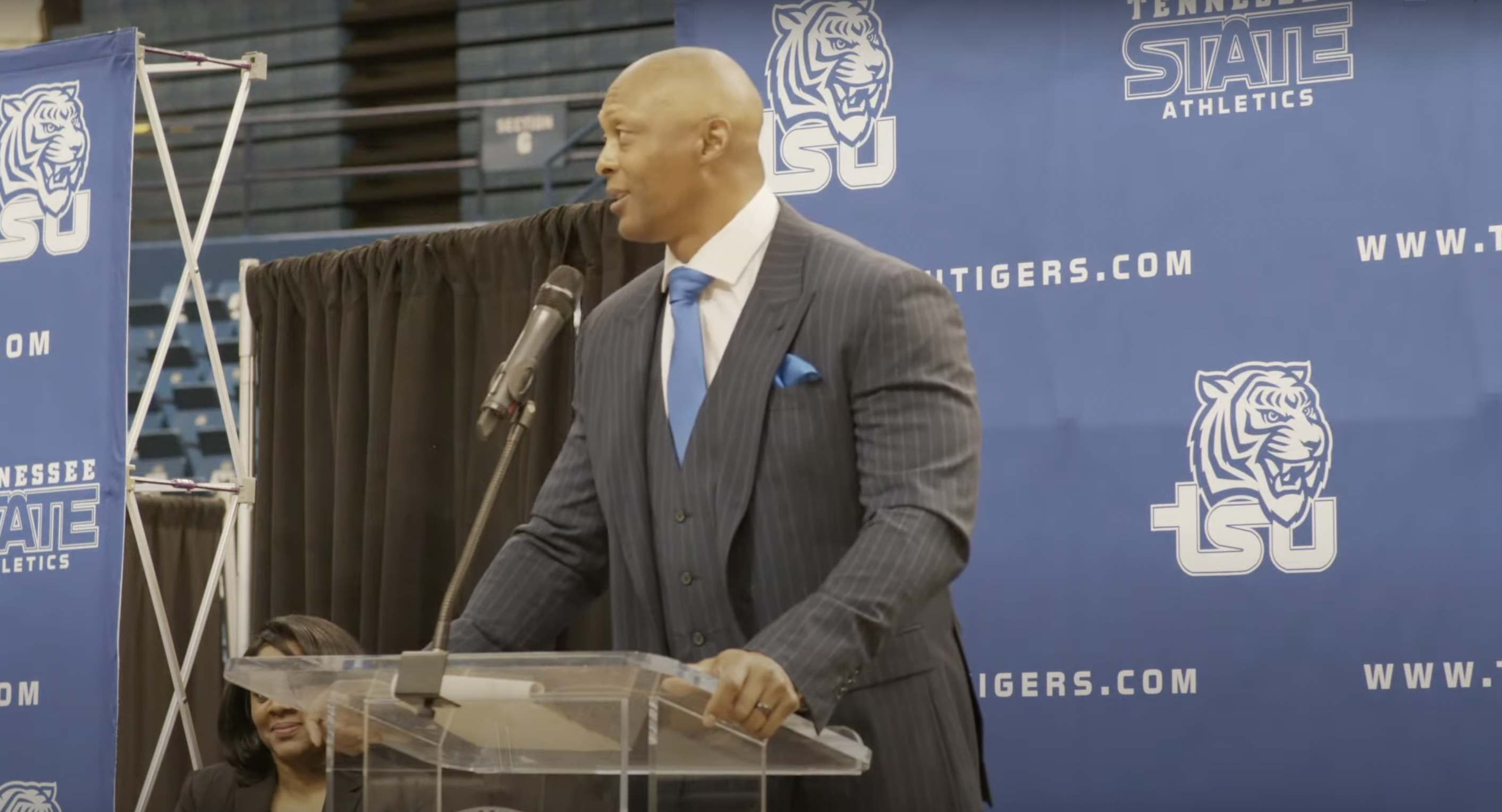NASHVILLE, TENN. – The Nashville Digital Inclusion and Access Taskforce is seeking input from Metro residents about the digital divide—the growing gap between those who benefit from technology and those who are excluded in the digital age.
The Taskforce is led by Dr. Fallon Wilson of Black Tech Futures Research Institute and Dr. Samantha Perez of the Nashville Area Chamber of Commerce. The group aims to collect data to enable Metro Government and local organizations to make data-driven decisions about how they serve the public, particularly those who have low or no Internet access or digital literacy.
“Residents who do not have available, accessible, reliable, affordable technology, or who lack the skills to use it, often struggle more than their tech-connected counterparts to fully participate in society. Education, job opportunities, telehealth and other resources are more broadly available to people who are able to operate in an online environment,” said Keith Durbin, Metro’s Chief Information Officer and Director of IT Services. Durbin is a member of the Taskforce advisory group.
The survey is one of 21 strategies set forth in Connected Nashville, Metro’s smart city plan, developed by a 76-person working group chaired by Durbin, Wilson and Brian Huddleston. Funded by Frist Foundation, Google Fiber and Nashville Public Education Foundation, the survey is conducted collectively by Vanderbilt Peabody, the Digital Inclusion and Access Taskforce, and The Equity Alliance.
Results of the survey will be publicly shared with the community and published on the Metro Open Data Portal. Additionally, the Taskforce will issue recommendations to maximize the impact of existing initiatives and resources by targeting work to address areas of greatest need, as identified by the survey.
“We want to survey the widest possible cross-section of residents,” Wilson said. “This includes youth, New Americans, unemployed, underemployed, poor and working-class Nashvillians, people who were formally incarcerated, older adults, people with disabilities and the medically fragile. It’s also important to include the various racial and ethnic communities represented in our city, and we are offering the survey in Arabic, Burmese, Kurdish, Somali, Spanish and Vietnamese languages, in addition to the English language version.”
To take the survey, Nashville residents are invited to visit http://bit.do/digequitynash through May 15.
